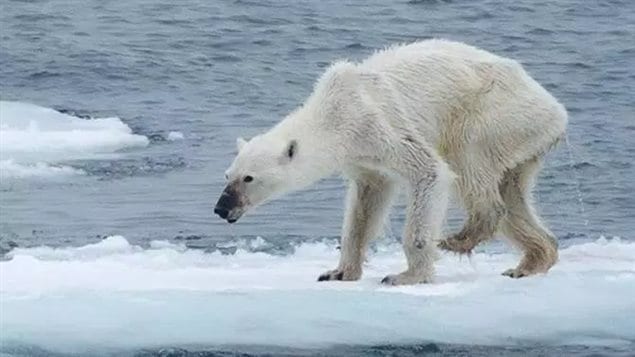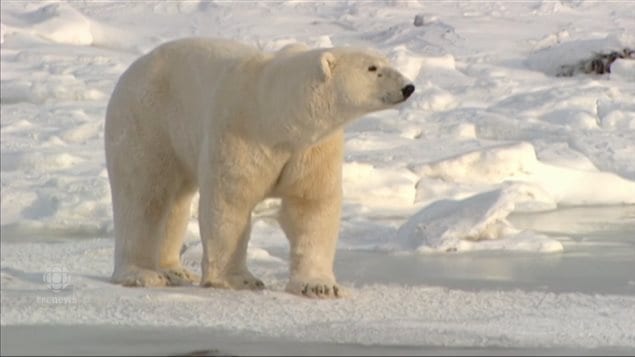While many are very concerned about the future of the world’s polar bears, the “Animals Committee of the Convention on International Trade in Endangered Species of Wild Fauna and Flora (CITES)” has recently said legal hunting of the bears does not threaten their survival.
The 28th meeting of the CITES “Animals Committee” was held in Tel Aviv, Israel in August and September and involved 200 global scientific experts from over 50 countries and included observers from non-governmental agencies, other intergovernmental bodies, and private business.
In a press release following the meeting, the Committee’s Review of Significant Trade concluded “that the current level of trade in polar bears, amongst others, is not detrimental to the survival of the species in the wild.”
The United States has twice proposed increasing the polar bears protective status from Appendix II to Appendix I An Appendix I listing would have put the bears into the category of the most immediately endangered species. The proposals were turned down at CITES conferences in 2010 and 2013.

Polar bear hunting in Canada is regulated with legally enforceable quotas in almost all jurisdictions, and cooperatively established harvest limits in others.so that resident Inuit are allowed to hunt a certain number of bears for sustenance purposes, but can sell their permits to trophy hunters for much needed income.
Environment Canada however is responsible under CITES for determining the effect of hunting on the bear population(s) and whether it should issue an export permit for products including skins, skulls, stuffed animals or claws from a particular region. A US ruling however prevents Americans from importing polar bear trophies.
Canadian polar bear quotas include all known human-caused mortalities, subsistence harvest, guided hunts, and kills in defence of life and property.
Previously for example, Inuit and Cree hunters in the southern Hudson Bay region had a voluntary limit of 60 animals, but in 2014 agreed to reduce that to 45 over fears of an international backlash against the management policy. On average about 500 polar bears are hunted every year in Canada.
The committee also discussed other CITES listed species such as lions, hippotamus, sharks, snakes, pangolins, stingrays, sturgeons and others, and also evaluated the sustainability of international trade in tortoises and freshwater turtles, and management and trade in the queen conch.
The outcomes of the 28th meeting of the Animals Committee will be considered at the 66th meeting of the Standing Committee (Geneva, January 2016) and at the upcoming 17th meeting of the Conference of the Parties to CITES, to be held in Johannesburg, South Africa, from 24 September to 5 October 2016.







For reasons beyond our control, and for an undetermined period of time, our comment section is now closed. However, our social networks remain open to your contributions.